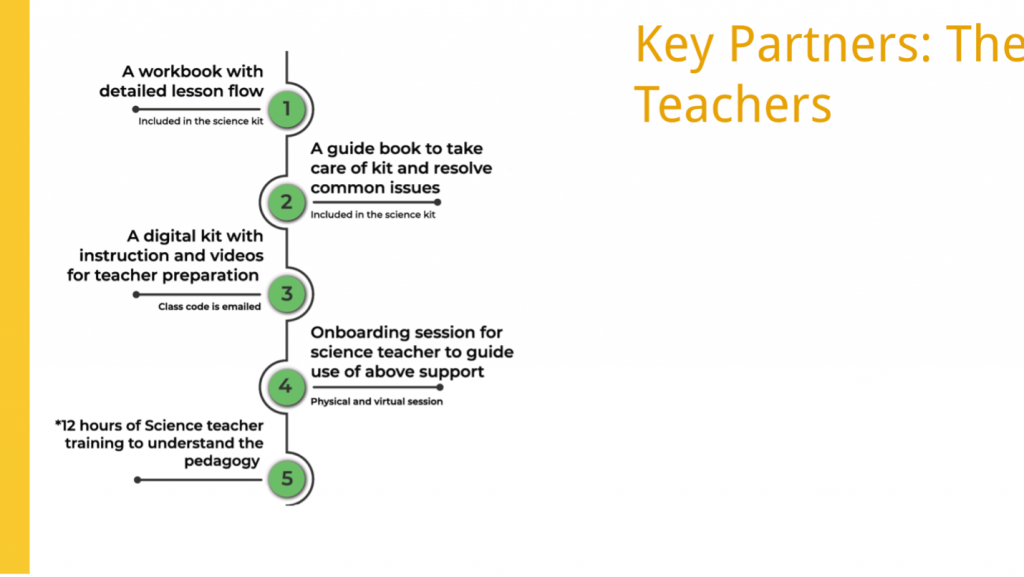Summary of SyMETRI meeting May 8th, 2023 by Qiaochu Xu
Presenter/Guest Speaker: Suresh Ghimire from the Department of Curriculum and Pedagogy, Faculty of Education, UBC
Date: May 8th, 2023
Host: Dr. Cynthia Nicol
In the SyMETRI meeting on May 8th, 2023,
Suresh began his presentation by stating that the aim of science education is not only to teach scientific content knowledge but also to develop scientific literacy and understanding of scientific inquiry skills. Educators have proposed various activity-based approaches to incorporate inquiry into science classes, but not all of them have been successful. Furthermore, the curriculum worldwide has long been criticized for being overstuffed and undernourished (AAAS, 1989, 1993), as it tends to provide a superficial overview of scientific concepts without delving deeper into understanding the scientific inquiry process. Suresh spoke about the science curriculum overly emphasizes scientific concepts while neglecting scientific process skills in many countries and including Nepal. Based on his 12 years of experience working with teachers, Suresh said it is evident that they are neither adequately trained nor supported in adopting inquiry-based teaching methods.
In responding to the inadequacy of inquiry-based learning and lack of hands-on activities in science classrooms, Suresh introduced the model-based inquiry (MBI) proposed by Windschitl et al. (2008), which centers on generating, testing, and revising scientific models. They argue that MBI can support science learning across all academic levels. Jonas Hallström and Konrad J. Schönborn (2019) also agree that models and modeling can be utilized to promote authentic STEM education and literacy. The potential of model-based inquiry seems particularly promising in Nepali schools with limited resources.
Suresh is interested to investigate the following questions:
- What are the perceptions of Nepali science teachers on the use of hands-on activities facilitated by scientific modeling kits in science classrooms?
- How can scientific modeling kits be effectively integrated into Nepali science classrooms to enhance student learning of big and small-scale scientific phenomena?
Suresh’s research aims to investigate the perceptions of Nepali science teachers who use Karkhana’s scientific modeling kits in their classrooms, specifically focusing on the potential of model-based inquiry facilitated by these kits. Karkhana is an education enterprise in Kathmandu working with schools to bring hands-on STEM experience for kids aged 0 to 18. Karkhana designs learning experiences that provide learners with opportunities to make things and shape their own worlds. Karkhana’s experiences allow children to practice and perfect the 21st-century skills of creativity, collaboration, critical thinking, and communication while using science, arts, and technology. The Hands-on science program designed by Karkhana is being implemented in more than 50 schools by around 180 teachers and reaching to 10,000+ students.
Additionally, his research will explore teachers’ views on the effectiveness of scientific modeling kits in enhancing students’ understanding of various scientific phenomena, ranging from atomic and planetary scales, which significantly differ in magnitude, such as size, distance, weight, temperature, motion, and other related variables. Suresh will return to Nepal for his data collection, we look forwards to hearing more about his study once he come back from Nepal.
Here are some slides from his presentation:
Bio
Suresh is an educator based in Kathmandu, Nepal. He co-founded an education enterprise Karkhana in 2012 and has been designing hands-on Science learning kits for middle schools since then. Currently, he is pursuing an MA in Curriculum Studies at UBC. He is a passionate tinkerer and spends his free time walking, hiking, and enjoying the woods.


